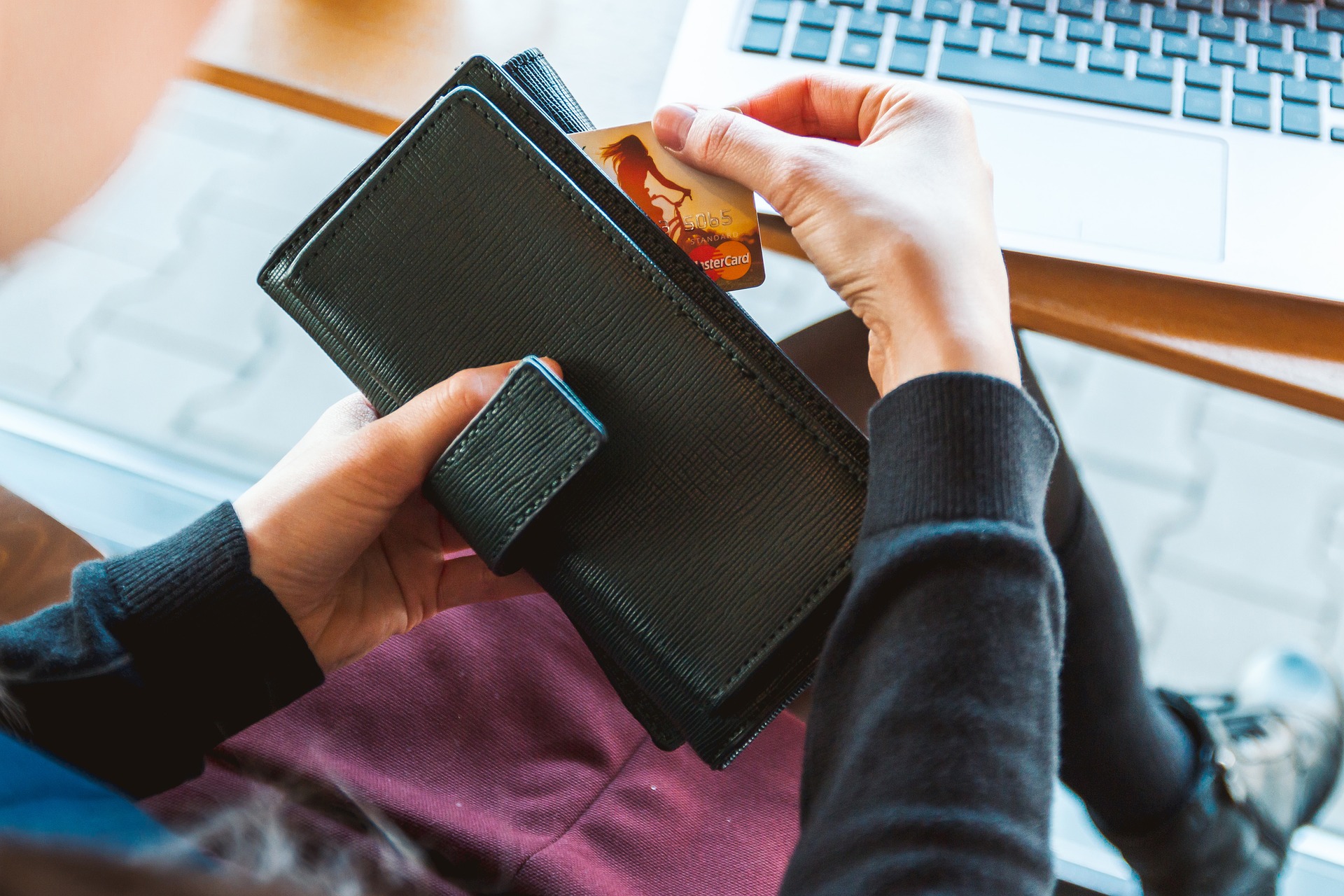A new report from the consumer credit reporting agency Experian found that Georgia is among the top 10 riskiest states in the nation for both shipping and billing fraud for online shopping.
Experian’s report investigated fraud trends to analyze the states where certain types of fraud related to online transactions occur most frequently.
The report explains that to better understand how shipping and billing fraud take place, Experian analyzed several data points, including geography, IP addresses, and device type and payment method. Fraud attack rates are the number of attempted fraudulent e-commerce transactions against the population of overall e-commerce orders.
Georgia was in the top five states for billing fraud in the past year, joined by Delaware, Oregon, Washington, D.C. and Florida, according to the report,.Billing fraud occurs when the victim’s address is tied to the payment account used to purchase the stolen goods.
Shipping fraud, on the other hand, occurs when a criminal uses their address for the delivery of stolen goods purchased online. Georgia was in the top 10 riskiest states for shipping fraud, according to the report.
Overall, online shopping fraud increased by 30 percent in 2017 over 2016.
To prevent online fraud, Experian suggests not using the same username/password combinations across sites, monitoring your financial statements regularly for irregular activity and checking your credit report. Additional steps the credit reporting agency recommends taking to prevent online fraud include:
- Limit your Data Exposure – Online across sites asking you for personal information that may not be necessary to share. You should behave with the mindset that your personal data has already been compromised to limit the amount of exposure that your data receives so it doesn’t fall in the wrong hands.
- Don’t Overshare – Audit the sharing you’ve done by making sure you haven’t overshared any information on social media sites where people can collect your data. A fraudster can find information to answer ‘challenge’ questions on your accounts to gain access to your financial accounts or sites with your personal information.
- Only use Trusted sites – When shopping online make sure you see the lock icon before purchasing items. There should be authentication steps as well to protect your information.
- Check your Login Credentials – If you suspect your login credentials were stolen you can change your password to that site or other sites where that same password is used. You should also consider changing your security questions as needed, it may seem useless, but those answers have value to thieves to take over an existing account of yours.
- Call your Bank Immediately – If any of your financial information may have been breached so you can cancel a credit card or change your password. If your bank account numbers were caught up in a breach, close that account and open a new one.
- Perform a Dark Web scan – To see if your name or information is for sale on the dark web marketplaces.
- Monitor your credit report









